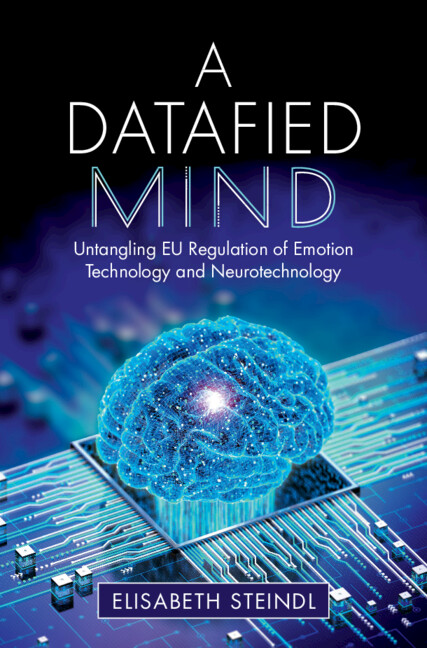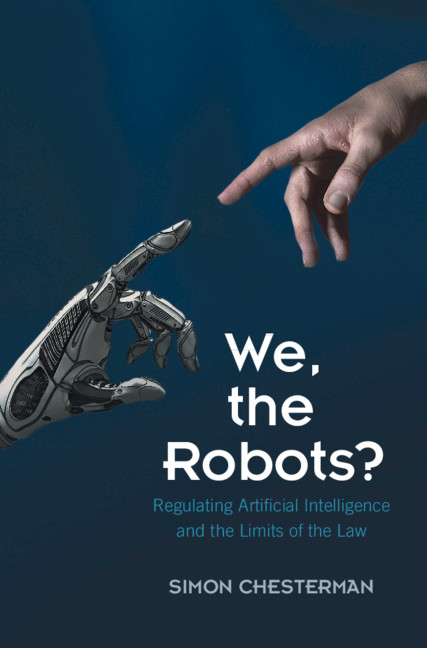A Datafied Mind
The fast-paced evolution of emotion technology and neurotechnology, along with their commercial potential, raises concerns about the adequacy of existing legal frameworks. International organizations have begun addressing these technologies in policy papers, and initial legislative responses are underway. This book offers a comprehensive legal analysis of EU legislation regulating these technologies. It examines four key use cases frequently discussed in media, civil society, and policy debates: mental health and well-being, commercial advertising, political advertising, and workplace monitoring. The book assesses current legal frameworks, highlighting the gaps and challenges involved. Building on this analysis, it presents potential policy responses, exploring a range of legal instruments to address emerging issues. Ultimately, the book aims to offer valuable insights for legal scholars, policymakers, and other stakeholders, contributing to ongoing governance debates and fostering the responsible development of these technologies.
- Considers the governance of neurotechnology and emotion technology as interconnected challenges
- Offers a detailed, layered understanding of the regulatory environment in selected fields and explores critical gaps and challenges
- Employs semi-fictional vignettes that bring abstract legal provisions to life, making them relatable and accessible while helping readers envision their real-world implications
Product details
No date availableHardback
9781009671620
280 pages
229 × 152 mm
Table of Contents
- Introduction
- 1. Setting the scene
- 2. The classification of mind data under the GDPR
- 3. The new regulatory approach under the AIA
- 4. Use case 1: mental health and well-being
- 5. Use case 2: commercial advertising
- 6. Use case 3: political advertising
- 7. Use case 4: employment monitoring
- 8. Concluding remarks
- Bibliography.






